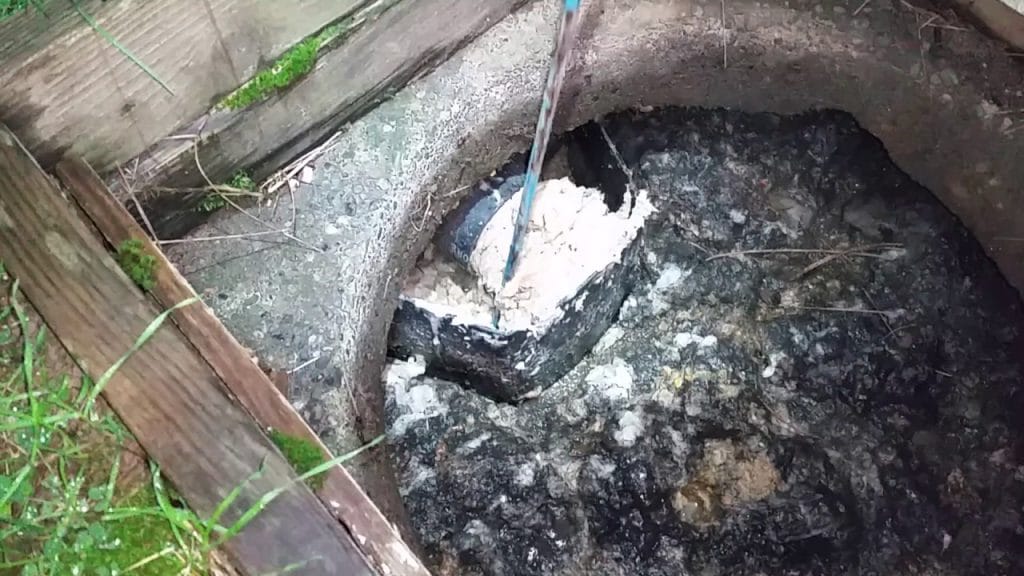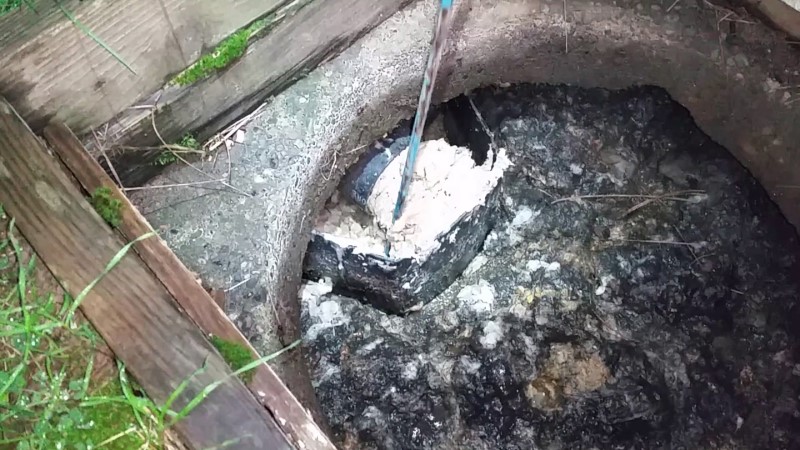
Improper waste disposal. Non-biodegradable materials such as plastics, paints, and grease are often dumped into drains, toilets, and laundry areas. These substances cannot be broken down by anaerobic bacteria anymore so they just stay in the cesspool and clog every hole along its side. The non-biodegradable materials also make it to the surrounding soil absorption area and block everything. The wastewater then backs up and floods the entire property.
- Tree roots. Tree roots are invasive. Trees are living organisms that need sustenance. So, their roots explore the nearest source of water and nutrients, which is your cesspool. The roots tend to damage the parts of the cesspool, resulting to leaks. Leaks, together with the wall of roots formed in the cesspool, prevent raw wastewater to be treated properly.
- Soil compaction. This happens when there are heavy structures and vehicles over your cesspool. The heavy weight crushes the cesspool components. Leaks occur and debris enters, making the normal process of treatment blocked.
- Harsh chemicals. Using harsh chemicals kills off the resident anaerobic bacteria in the cesspool. No bacteria, means no treatment. It would help if you use environment friendly cleaners. This way, you could clean away and never cause harm to your cesspool. If there are no bacteria killed off, the solid waste materials become degraded so that they won’t block the cesspool.
Another compound that usually blocks the cesspool is calcium sulfoaluminate or ettringite. The root of this organic compound is the anaerobic digestion of the thiocillus bacteria. The digestion produces hydrogen sulfide gas that immediately migrates to the headspace above the water line. The hydrogen sulfide gas then combines with oxygen and this produces sulfuric acid. The sulfuric acid targets the concrete reinforcement of your cesspool. It needs concrete reinforcement to protect the metal components. Once sulfuric acid reaches the concrete, ettringite forms and this deteriorates the cesspool. The metal components corrode and sediments enter the system. This causes blockage. Normal wastewater treatment is halted. The wastewater backups, overflows, and floods your property. It may take time before you get back to your routine not to mention your budget.
An effective means to eliminate the blockage is to deal with the thiocillus bacteria. Since the bacteria produce hydrogen sulfide, the goal is to prevent this gas to fill the headspace. Aerating the cesspool is a good solution. This would prevent the accumulation of hydrogen sulfide gas so that sulfuric acid won’t be produced anymore. The type of cement that was used to make the cesspool also contributes a lot to the level of deterioration that the ettringite causes. There are cements that tolerate sulfur while others do not. If you are lucky enough to choose the type of cement for your cesspool, discuss it well with your septic expert so that you could prevent blockages caused by ettringite or calcium sulfoaluminate. Your cesspool is part of your home investment so you should take good care of it.
